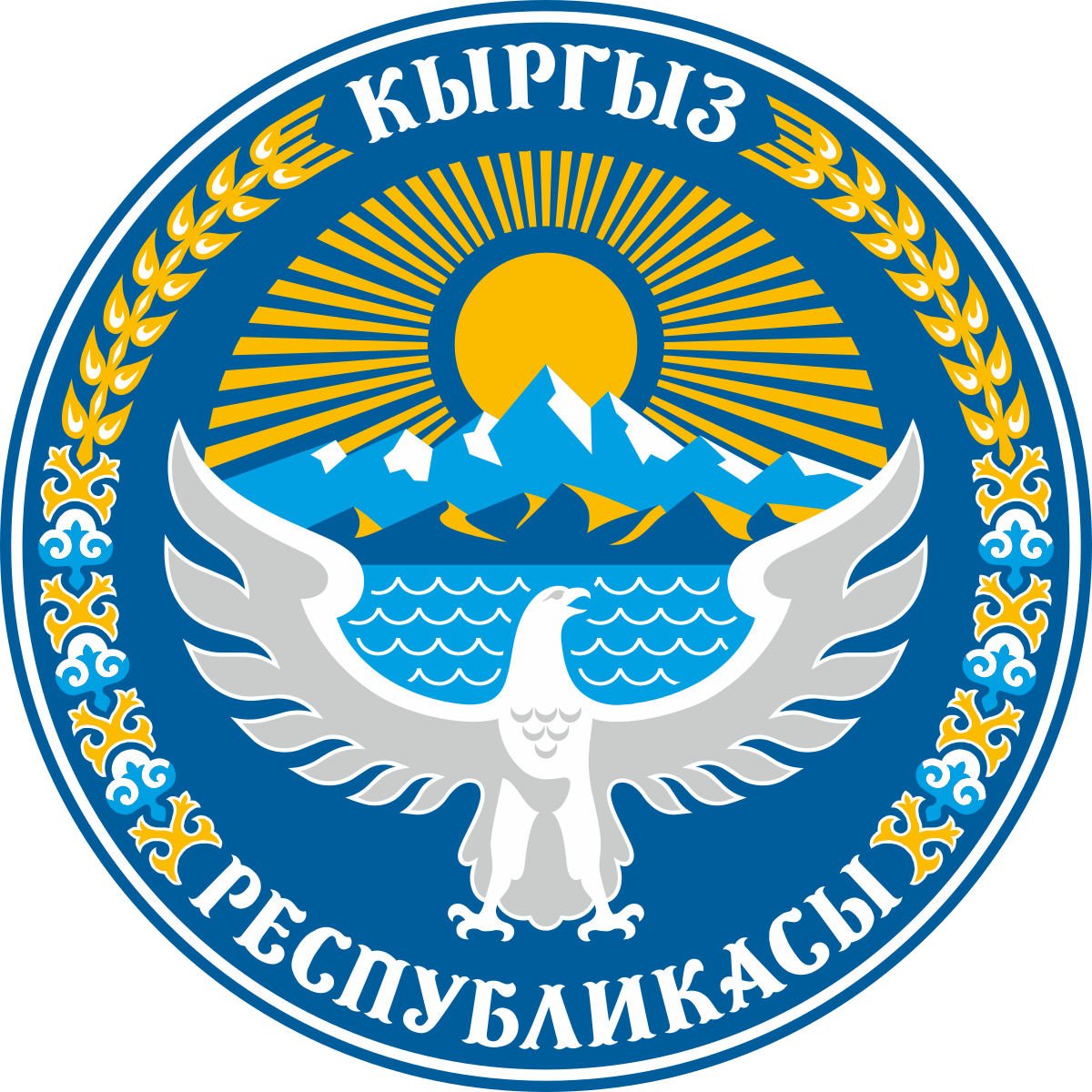A Central Asian country of incredible natural beauty and proud nomadic traditions, most of the territory of present-day Kyrgyzstan was formally annexed to the Russian Empire in 1876. The Kyrgyz staged a major revolt against the Tsarist Empire in 1916 in which almost one-sixth of the Kyrgyz population was killed. Kyrgyzstan became a Soviet republic in 1936 and achieved independence in 1991 when the USSR dissolved. Nationwide demonstrations in the spring of 2005 resulted in the ouster of President Askar AKAEV, who had run the country since 1990. Former Prime Minister Kurmanbek BAKIEV overwhelmingly won the presidential election in the summer of 2005. Over the next few years, he manipulated the parliament to accrue new powers for the presidency. In July 2009, after months of harassment against his opponents and media critics, BAKIEV won reelection in a presidential campaign that the international community deemed flawed. In April 2010, violent protests in Bishkek led to the collapse of the BAKIEV regime and his eventual flight to Minsk, Belarus. His successor, Roza OTUNBAEVA, served as transitional president until Almazbek ATAMBAEV was inaugurated in December 2011, marking the first peaceful transfer of presidential power in independent Kyrgyzstan's history. Continuing concerns include: the trajectory of democratization, endemic corruption, poor interethnic relations, border security vulnerabilities, and potential terrorist threats.
Under the 2010 Constitution, ATAMBAEV is limited to one term, which will end in 2017. Constitutional amendments passed in a referendum in December 2016 include language that transfers some presidential powers to the prime minister. Disagreement over the constitutional amendments compelled ATAMBAEV’s ruling Social Democratic Party of Kyrgyzstan to dissolve and create a new majority coalition in the Jogorku Kengesh that excluded opposition parties critical of the amendments.
Kyrgyzstan is a parliamentary republic.
Source: CIA World Factbook
Members:
Resources
Displaying 31 - 35 of 85Law No. 96 “On local government”.
This Law establishes and regulates the modalities of organization and functioning of local government. Local government shall exercise executive power at local level. Local government shall carry out the following tasks: (a) management of public property; (b) coordination and performance of the arrangements for prevention of emergencies and disasters, and mitigation of the consequences thereof; and (c) transfer of agricultural land to other land categories.
Repealed by: Law No. 101 “On local government”. (2014-02-18)
Ministerial Decree No. 50 validating Provisional Regulation on the modalities of determination and mapping of the boundaries of land plots in condominiums.
This Ministerial Decree shall be applicable to land plots of pertaining to condominiums (common property of the members of condominiums). Land plot shall be established and legalized as property for each separate condominium. This Ministerial Decree contains calculation formula for land area based on the number of apartments in a given condominium.
Ministerial Decree No. 49 validating the Regulation on state registration of rights and encumbrances to immovable property and transactions therewith.
This Ministerial Decree establishes the rules for state registration of rights and encumbrances to immovable property and transactions therewith. The following rights and encumbrances shall be subject to mandatory state registration: (a) ownership; (b) tenancy; (c) mortgage and encumbrances originating therefrom; (d) lease and sub-lease for the period of three years and over; (e) servitude; (f) use restrictions; (g) court decisions; (h) nature management activities listed by the Government; and (i) open-ended land tenure.
Ministerial Decree No. 361 validating the Instruction on safe application and storage of pesticides.
This Ministerial Decree establishes general rules for environmental protection in the process of application, storage and transportation of pesticides and agrochemicals. It shall be compulsory for all natural and legal persons. Pesticides shall be classified as follows: (a) extremely hazardous; (b) highly hazardous; (c) moderately hazardous; and (d) low hazardous. Only officially registered pesticides shall be authorized for plant protection purposes.
Law No. 120 amending Law No. 4 on administration of agricultural land.
The Law shall be amended by substitution of the wording “Agricultural Land Re-distribution Fund” with the wording “State Fund of Agricultural Land”.
Amends: Law No. 4 on administration of agricultural land. (2000-12-18)


